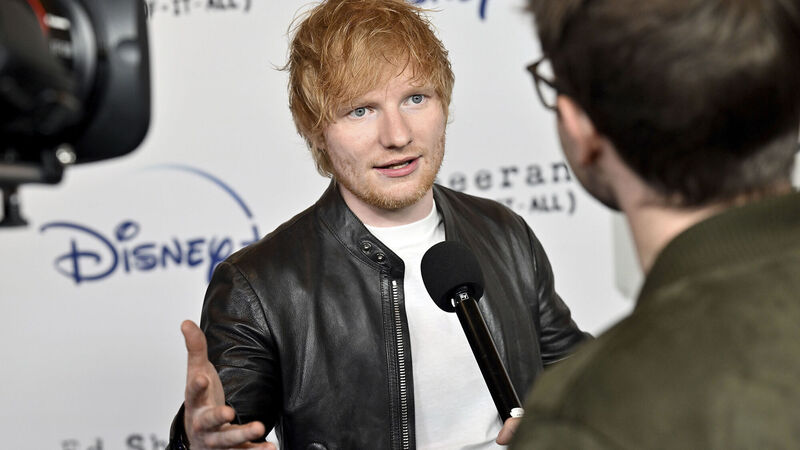Sarah Harte: Until we address the question of who has the right to call themselves Irish, we will see more racist attacks

Ed Sheeran was recently criticised both in Ireland and the UK when he announced he felt culturally Irish. Picture: Evan Agostini/Invision/AP
Anyone who has ever exited Camden tube station and brushed past the heartbreaking sight of men with Irish accents on the ground, drinking, should take the lesson that life can sometimes go wrong for migrants who leave their country for a new life. So, when we get hot under the collar about attacks on migrants, it can’t just be about working migrants.
BBC correspondent Fergal Keane wrote at the weekend: “The policing of identity — who you are allowed to be — is disturbingly present in many societies, and many guises.”












